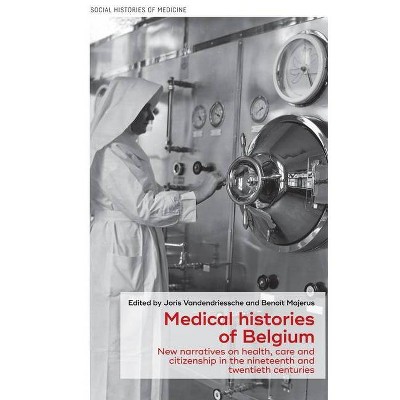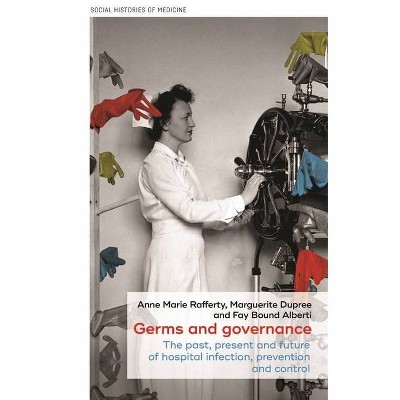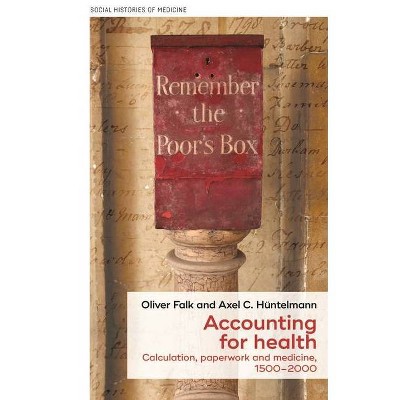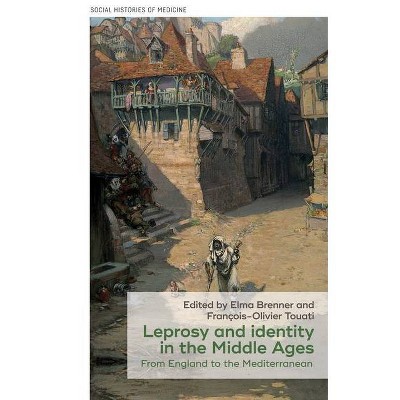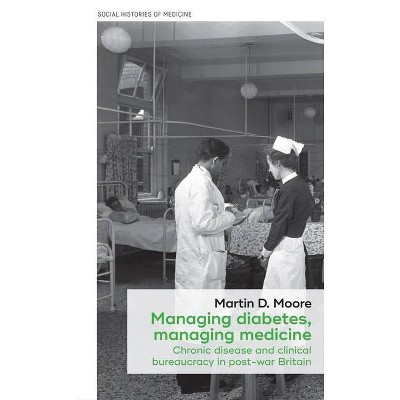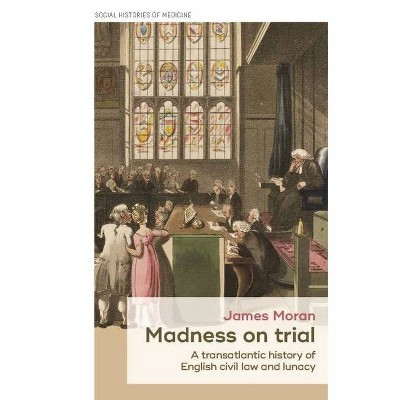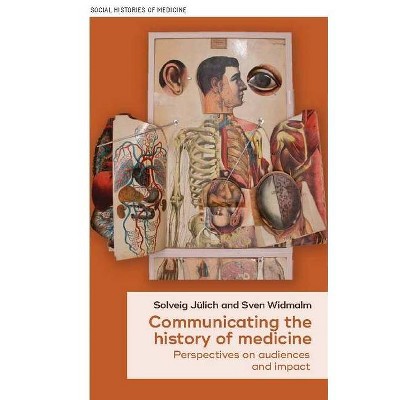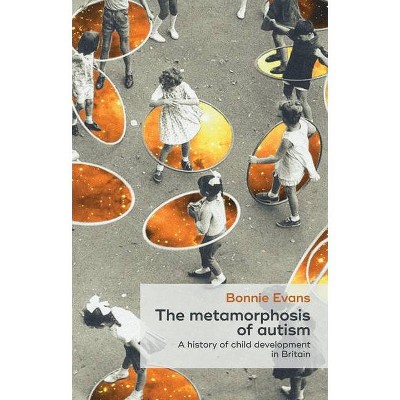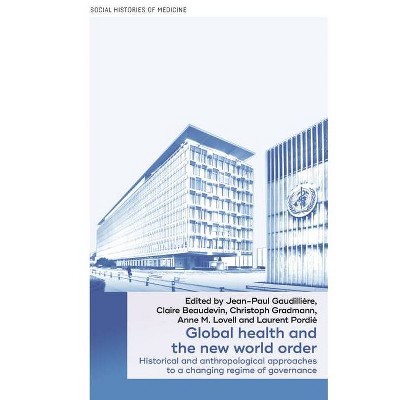Patient Voices in Britain, 1840-1948 - (Social Histories of Medicine) by Anne Hanley & Jessica Meyer & David Cantor (Hardcover)
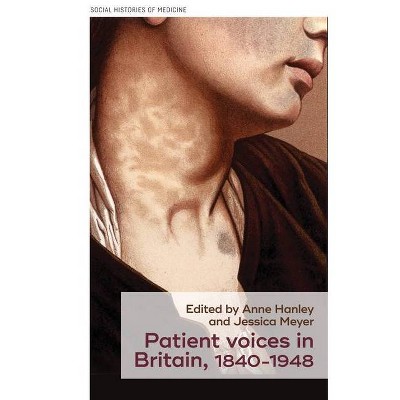
Similar Products
Products of same category from the store
AllProduct info
<p/><br></br><p><b> About the Book </b></p></br></br>This edited collection repositions the patient experience at the centre of healthcare histories and considers the contributions that such histories can make to debates over health policy and service delivery.<p/><br></br><p><b> Book Synopsis </b></p></br></br>Historians have long engaged with Roy Porter's call for histories that incorporate patients' voices and experiences. But despite concerted methodological efforts, there has simply not been the degree and breadth of innovation that Porter envisaged. Patients' voices still often remain obscured. This has resulted in part from assumptions about the limitations of archives, many of which are formed of institutional records written from the perspective of health professionals. <i>Patient voices in Britain</i> repositions patient experiences at the centre of healthcare history, using new types of sources and reading familiar sources in new ways. Focusing on military medicine, Poor Law medicine, disability, psychiatry and sexual health, this collection encourages historians to tackle the ethical challenges of using archival material and to think more carefully about how their work might speak to persistent health inequalities and challenges in health-service delivery. The following two chapters are available open access on a CC-BY-NC-ND license: 1 The non-patient's view - Michael Worboys www.manchesterhive.com/view/9781526154897/9781526154897.00010.xml 2 Family not to be informed? The ethical use of historical medical documentation - Jessica Meyer and Alexia Moncrieff www.manchesterhive.com/view/9781526154897/9781526154897.00011.xml<p/><br></br><p><b> From the Back Cover </b></p></br></br><i>Patient voices in Britain </i>repositions the patient at the centre of healthcare histories. By prioritising the patient's perspective in the century before the National Health Service, this edited collection enriches our understanding of healthcare in the context of Britain's emerging welfare state. Understanding patient experiences is vital for nuanced histories of medicine and effective health policy. In 1985 Roy Porter called for patients to be retrieved from the margins of history because, without them, our understanding of illness and healthcare would remain distorted. But despite concerted efforts, the innovation that Porter envisaged has not come to pass. Responding to Porter's call, this book encourages historians to reimagine patienthood. It encompasses topics like ethical archival practice, life within institutions, user-driven medicine and the impact of shame and stigma on health outcomes, while providing a model for using new sources and reading familiar sources in new ways. Exploring traditional clinical spaces and beyond, it interrogates what it meant to <i>be </i>a patient and how this has changed over time. The collection also aims to help historians locate and develop policy relevance within their work, reflecting on how these historical tensions continue to shape attitudes towards health, illness and the clinical encounter. Each chapter presents a framework for using history to speak to pressing policy issues. Patient voices are there, in the archive. We just need to listen.<p/><br></br><p><b> About the Author </b></p></br></br>Anne Hanley is a Lecturer in History of Science and Medicine at Birkbeck, University of London Jessica Meyer is Associate Professor of Modern British History at the University of Leeds
Price History
Price Archive shows prices from various stores, lets you see history and find the cheapest. There is no actual sale on the website. For all support, inquiry and suggestion messagescommunication@pricearchive.us
